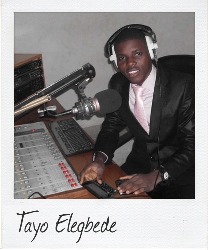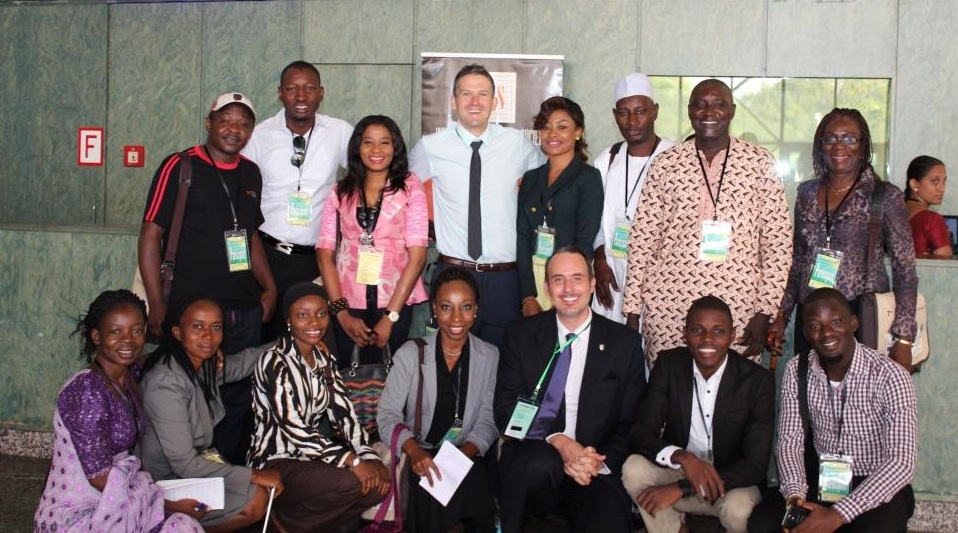"Campus radio stations advance learning in Nigeria"
December 31 Technology is changing the way educational content is developed and delivered. A workshop offered campus radio stations in Nigeria the skills to be part of that change, writes Tayo Elegbede, a Commonwealth Correspondent from Lagos in Nigeria.
Technology is changing the way educational content is developed and delivered. A workshop offered campus radio stations in Nigeria the skills to be part of that change, writes Tayo Elegbede, a Commonwealth Correspondent from Lagos in Nigeria.
The stake of media and technology in education delivery is fast becoming irresistible in today’s world.
Technological innovations are reforming ages-long procedures of educational content creation and communication, hence the need for practitioners to advance their skills in meeting up with the educational challenges of the 21st century.
Currently, Nigeria has about 30 licensed campus radio stations, although industry experts have continually questioned the impact of these stations on the learning community. They cite factors such as lack of capable human skill-sets and poor financing amongst other hurdles responsible for what some have described as the abysmal performance of campus radio stations in Nigeria.
In tackling these challenges, the Institute for Media and Society in collaboration with the Commonwealth of Learning and Farm Radio International recently organized a capacity-building workshop for campus radio practitioners in Nigeria.
The workshop, which was a segment of the seventh Pan-Commonwealth Forum (PCF7) conference held in Abuja-Nigeria, exposed campus radio practitioners to modern means of radio and educational content creation. They also got instruction on audience engagement techniques and the creative utilization of ICT tools for better radio communication.
Participants of the workshop adopted the team name “Radio(inter)active”, and put the name into action by taking control of the five-day long PCF7 conference’s social media activities and radio communications.
The workshop was facilitated by seasoned experts like Bartholomew Sullivan, ICT and Radio Expert with Farm Radio International; Akin Akingbulu, Executive Director of the Institute for Media and Society; Ian Pringle, educational and communication strategist with the Commonwealth of Learning; and Joshua Olufemi of IMESO.
It is expected that the gains of the workshop will be reflected in the processing, programming and packaging of learning and educational content for the learning community via radio.
You can read more about the “Radio(inter)active” and its activities via www.pcf7gist.wordpress.com.
Tayo Elegbede, Freelance Journalist and Mediapreneur.
Twitter -@tayojet1
…………………………………………………………………………………………………………………
About me:
I am a young broadcast journalist, radio presenter, writer, public relations practitioner and social entrepreneur with a passion for all-round human development. My core philosophies in life include honesty and integrity, open-mindedness, responsibility and accountability.
…………………………………………………………………………………………………………………
Opinions expressed in this article are those of the author and do not necessarily represent the views of the Commonwealth Youth Programme. Articles are published in a spirit of dialogue, respect and understanding. If you disagree, why not submit a response.
To learn more about becoming a Commonwealth Correspondent please visit: http://www.yourcommonwealth.org/submit-articles/commonwealthcorrespondents/
…………………………………………………………………………………………………………………




